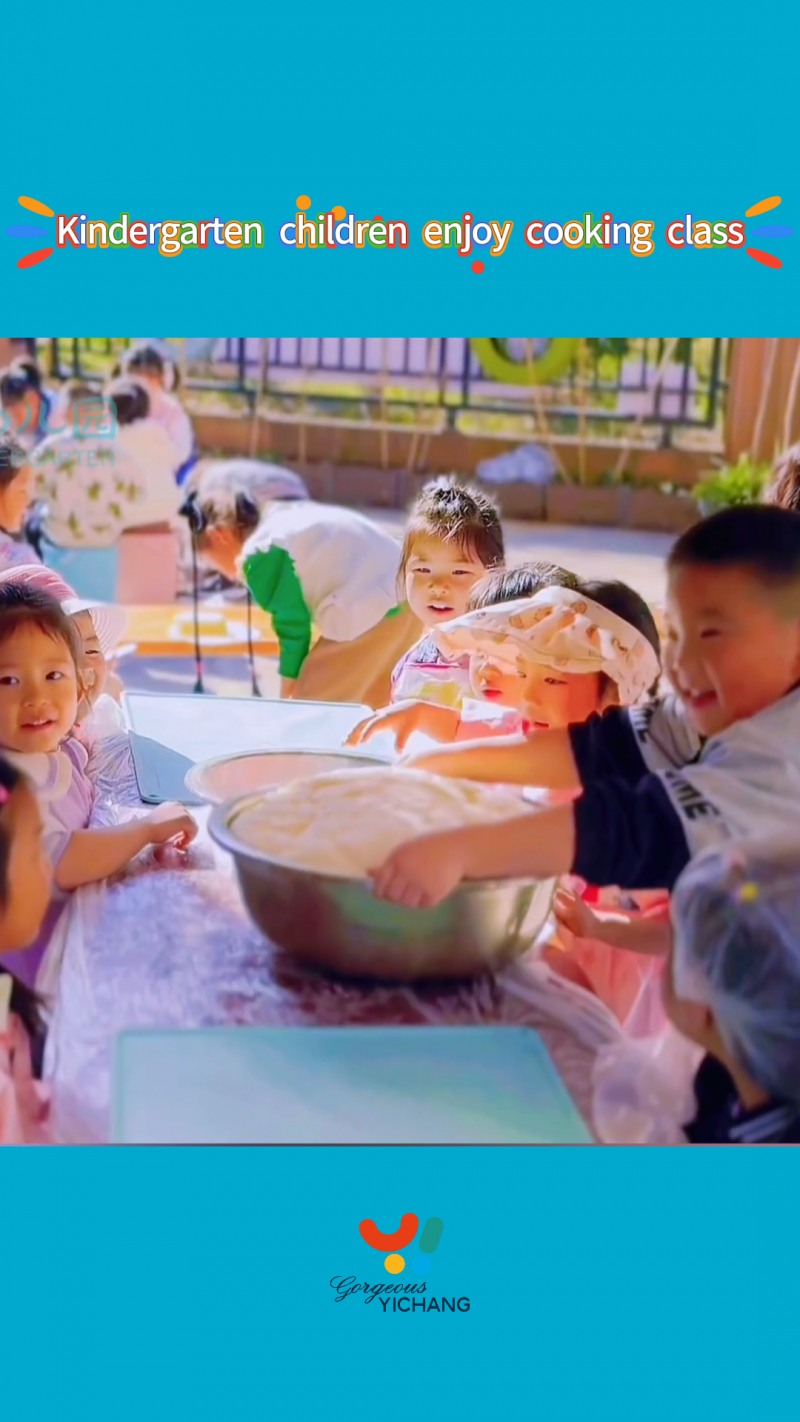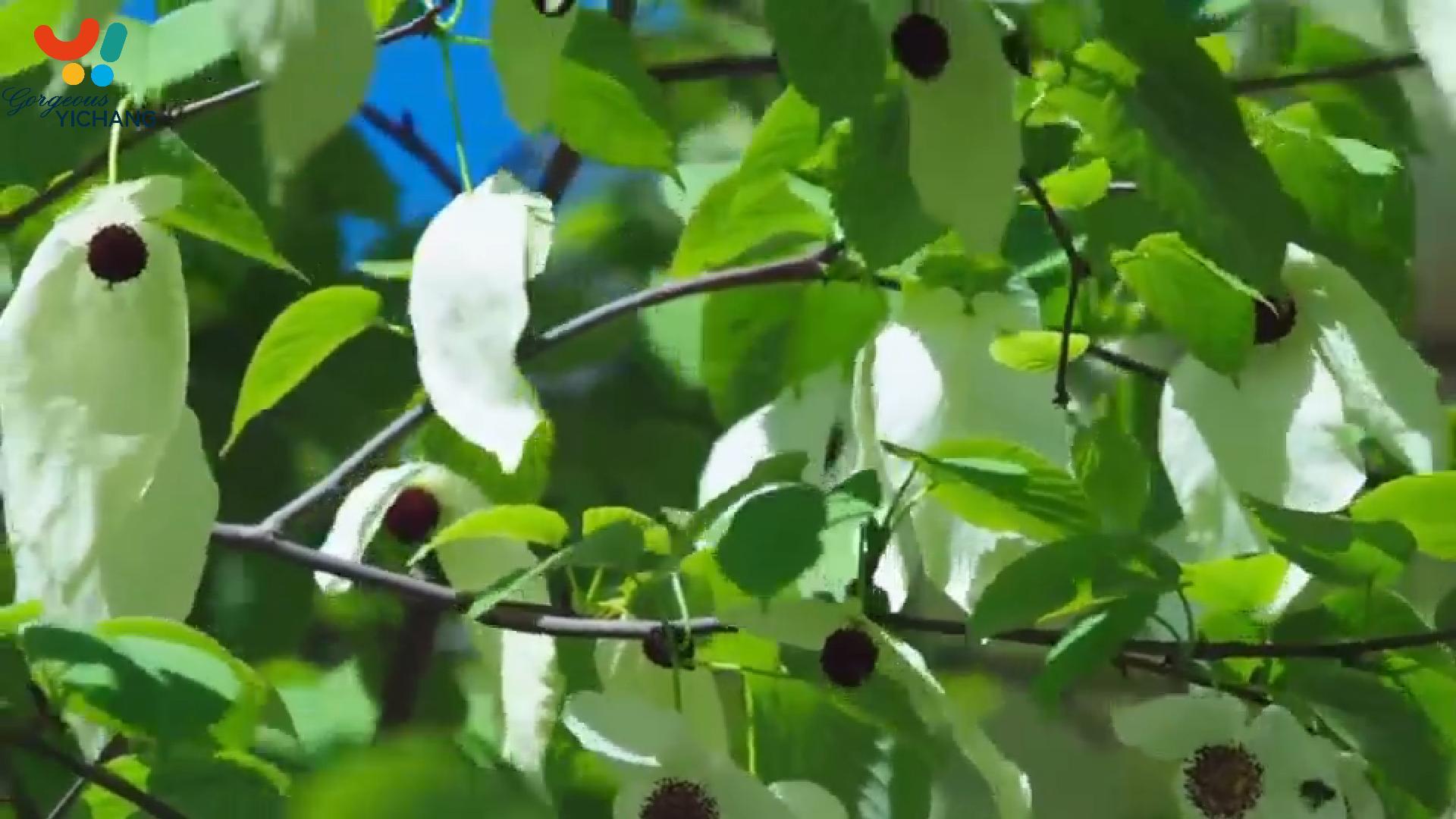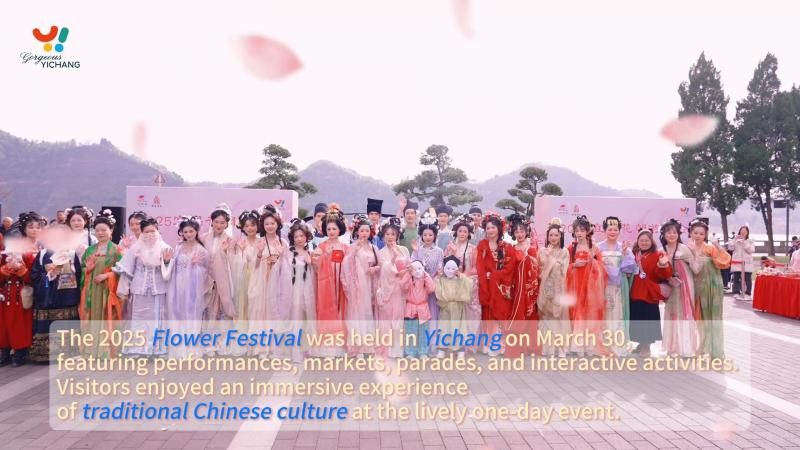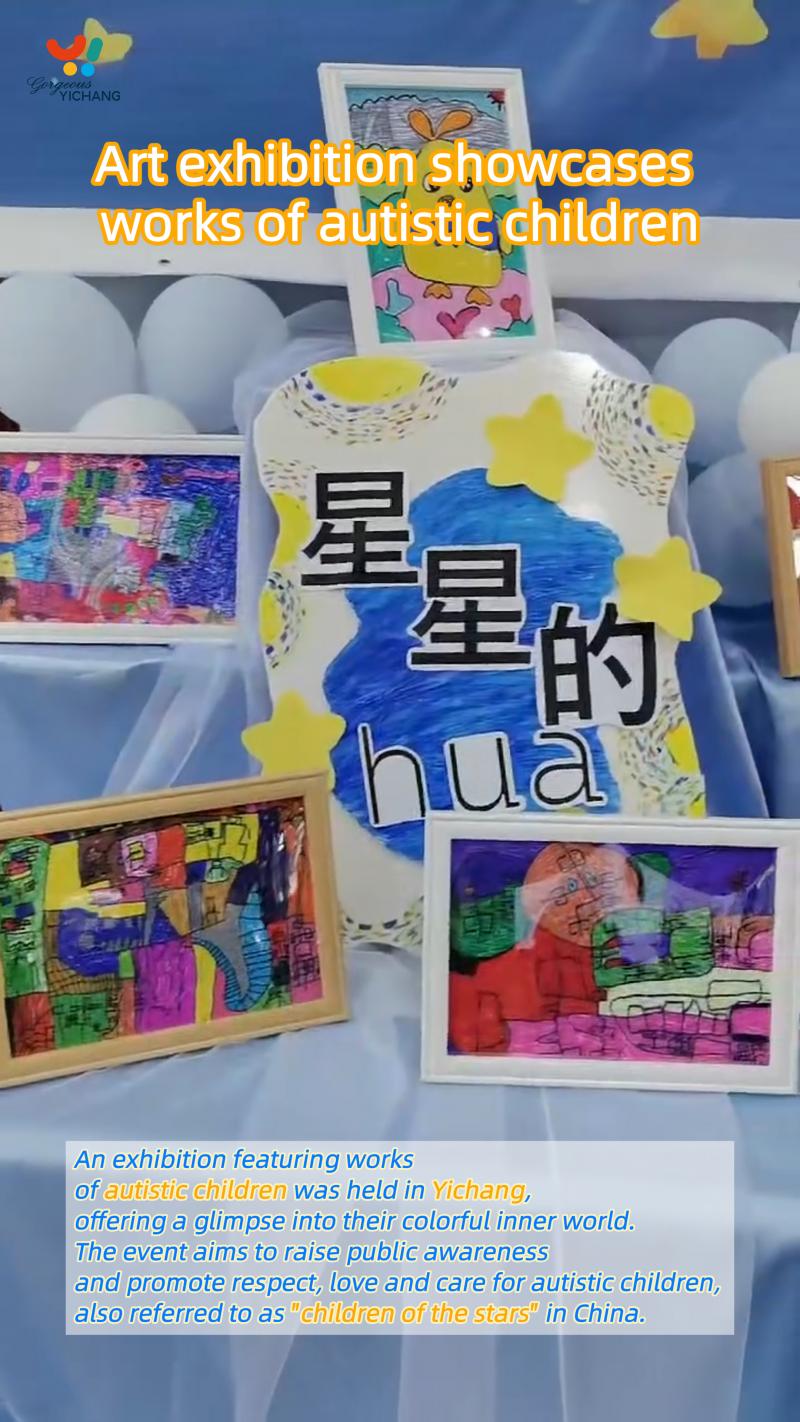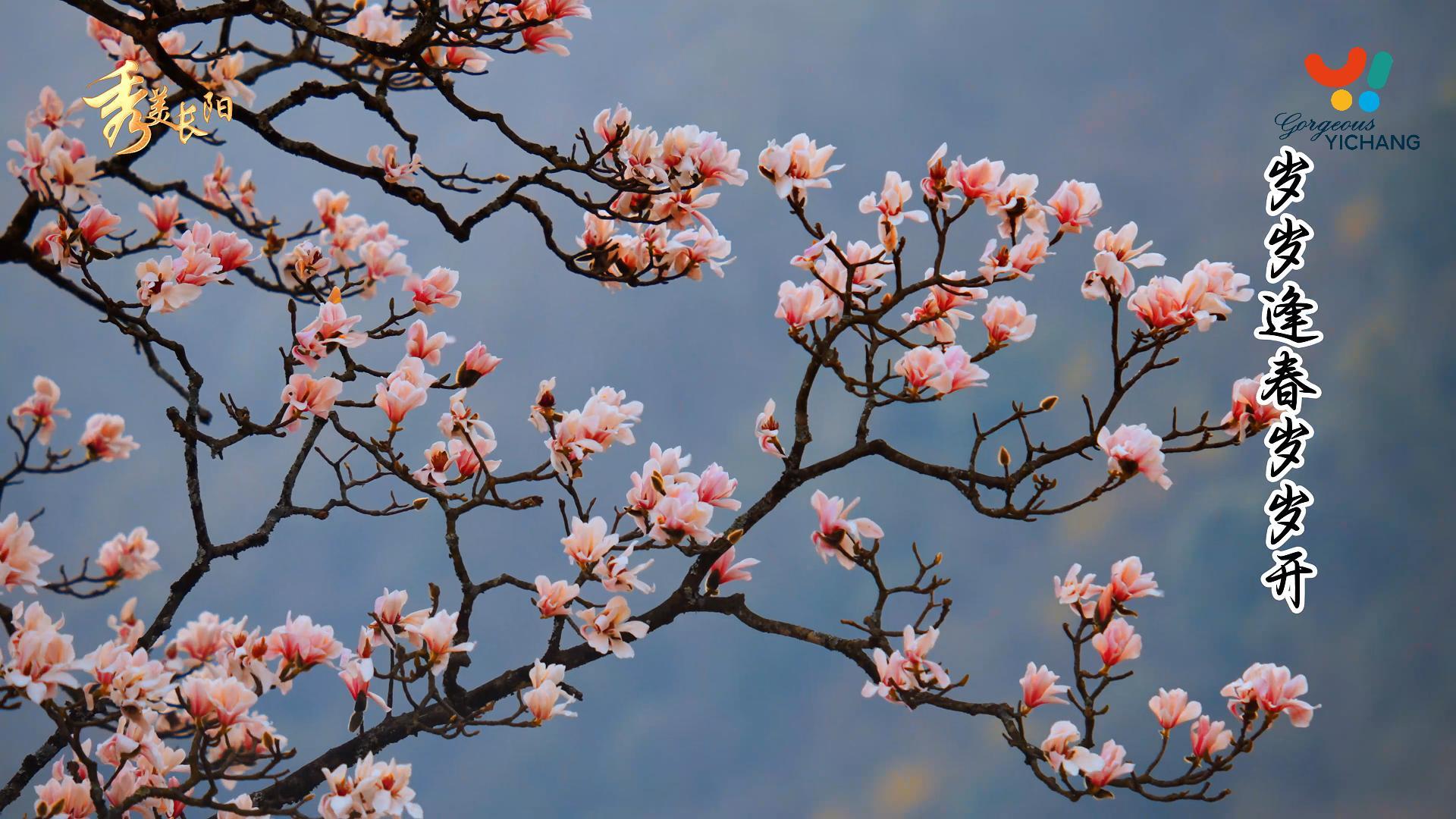Beekeeping industry takes off in Yiling
2024-09-24 21:09:21
Journalist: Jie Xingwei
Editor: Tan Maolin
As autumn sets in, Yiling District’s honey industry is preparing for harvest season. On September 14, the Yinjiaping Honey exhibition center in Yinjiaping Village was buzzing with activity.
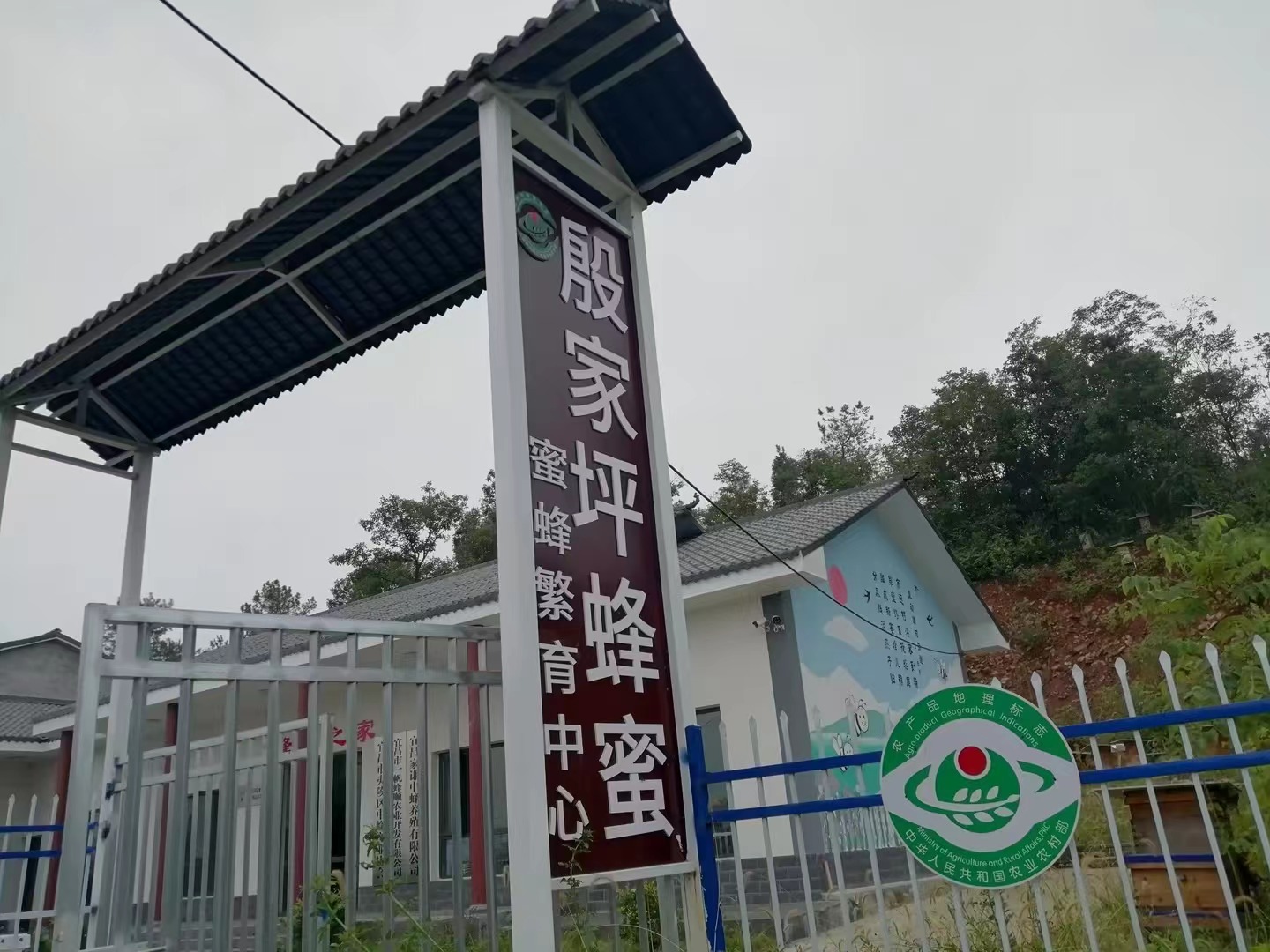
The center processes and sells over 30 tons of honey annually, benefiting more than 500 local farmers who on average earn an additional 10 percent more income from beekeeping. In 2021, Yinjiaping Honey was recognized for its cultural significance and regional quality, receiving a national geographical indication certification and becoming one of the top three honey brands in Hubei Province.
Also in the center, a processing line was running at full capacity to filter, dehydrate, can, and seal jars of honey. "Many tourists from (Hubei’s provincial capital) Wuhan buy our honey as gifts for their friends and family back home," said Guo Daohai, general manager of Yichang Yifan Honey Agricultural Technology Development Co., Ltd.
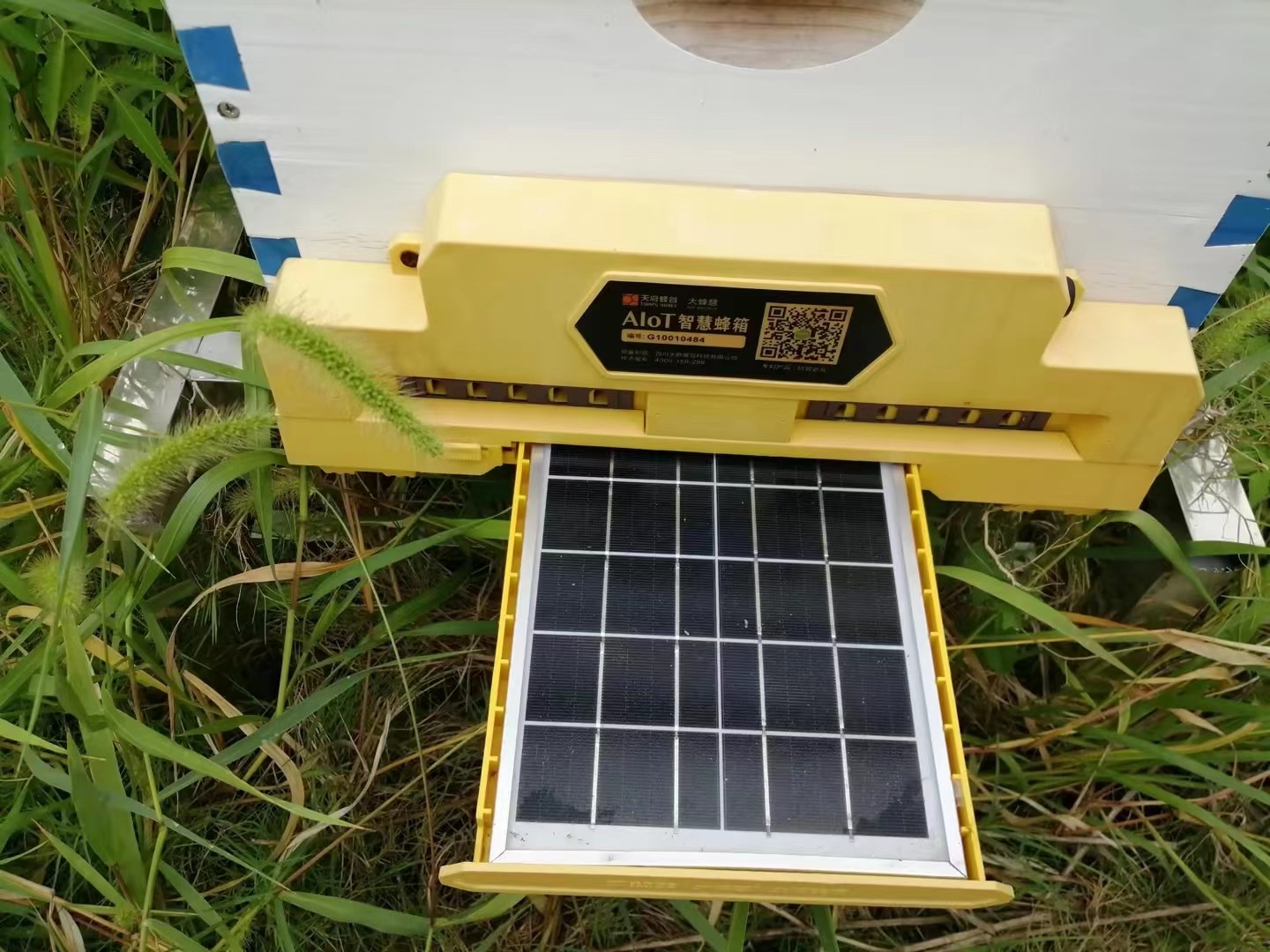
Yiling District boasts a rich history of beekeeping dating back to the late Eastern Han Dynasty (25 AD - 220 AD) when traditional methods were employed to cultivate the local bee species. The district’s high-quality native honey was even selected as a tribute for the imperial court.
Yiling has over 180,000 mu (12,000 hectares) of rapeseed and 340,000 mu of citrus crops, along with thousands of mu dedicated to kiwi and strawberries. The land, ranging from 500 to 1,300 meters in altitude, supports more than 100 species of wild nectar-producing plants. These include various medicinal herbs, such as tiger palm and five-fold fruit, along with abundant wild plants like black locust and chestnut trees that provide a rich source for bee pollination.
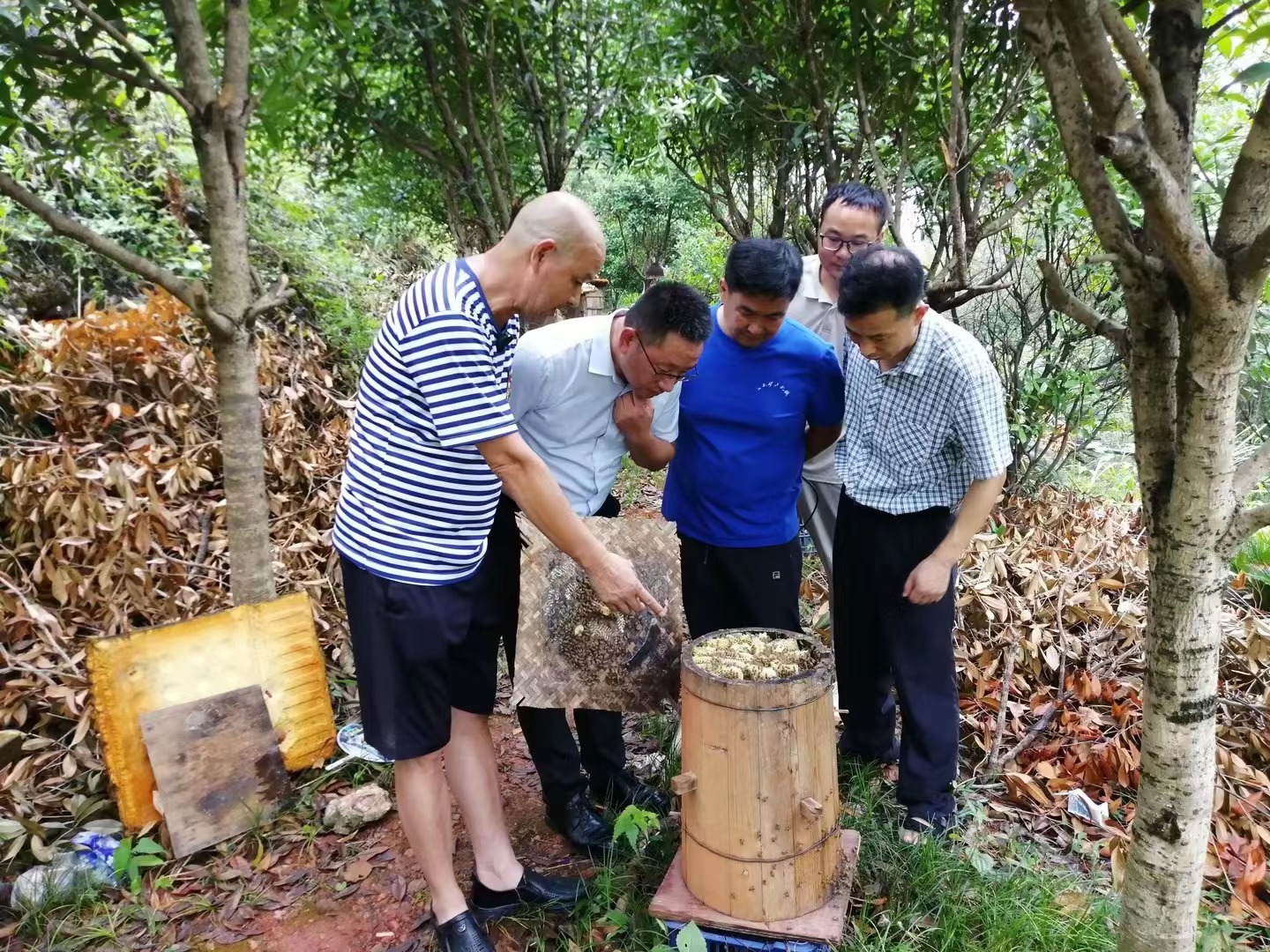
However, it is difficult to reach economies of scale solely through the efforts of individual villagers. To address this challenge, Yiling fosters nectar source bases and works to develop market leaders and small businesses. Since 2022, it has opened an exhibition center and a breeding center as well as set up six beekeeping bases with a total of 2,000 bee colonies.
Currently, Yiling is home to 67 professional beekeeping cooperatives, nine specialized beekeeping companies, over 40 registered honey trademarks, and five honey products that have received green food certification. The district has also established a breeding center for bee species, a honey product testing facility, and standardized honey extraction workshops to cultivate two villages specialized in the beekeeping industry. In the first "Top 10 Honeys" Award selection held in Yichang City in 2023, four types of honey from Yiling District made the cut.
"The development of the industry relies on technology," said Kang Xianzhe, deputy director of the district's animal husbandry and veterinary service center. The center has helped establish a beekeeping industry association and a technical service team. Each year, it organizes over 30 training sessions on beekeeping techniques and field observations that train more than 2,000 beekeepers. The training program boasts an over 80 percent participation rate among beekeepers, significantly enhancing their overall skills.
The district is also collaborating with experts from the provincial beekeeping association and Huazhong Agricultural University to establish a technology special commissioner workstation.
As of August this year, Yiling District has nearly 70,000 bee colonies maintained by about 15,000 farmers. Among these farmers, over 600 households manage more than 30 colonies each. The annual honey production exceeds 490 tons with an anticipated output value for 2024 exceeding 100 million yuan (US$14.2 million).
Editor: Tan Maolin
As autumn sets in, Yiling District’s honey industry is preparing for harvest season. On September 14, the Yinjiaping Honey exhibition center in Yinjiaping Village was buzzing with activity.

The center processes and sells over 30 tons of honey annually, benefiting more than 500 local farmers who on average earn an additional 10 percent more income from beekeeping. In 2021, Yinjiaping Honey was recognized for its cultural significance and regional quality, receiving a national geographical indication certification and becoming one of the top three honey brands in Hubei Province.
Also in the center, a processing line was running at full capacity to filter, dehydrate, can, and seal jars of honey. "Many tourists from (Hubei’s provincial capital) Wuhan buy our honey as gifts for their friends and family back home," said Guo Daohai, general manager of Yichang Yifan Honey Agricultural Technology Development Co., Ltd.

Yiling District boasts a rich history of beekeeping dating back to the late Eastern Han Dynasty (25 AD - 220 AD) when traditional methods were employed to cultivate the local bee species. The district’s high-quality native honey was even selected as a tribute for the imperial court.
Yiling has over 180,000 mu (12,000 hectares) of rapeseed and 340,000 mu of citrus crops, along with thousands of mu dedicated to kiwi and strawberries. The land, ranging from 500 to 1,300 meters in altitude, supports more than 100 species of wild nectar-producing plants. These include various medicinal herbs, such as tiger palm and five-fold fruit, along with abundant wild plants like black locust and chestnut trees that provide a rich source for bee pollination.

However, it is difficult to reach economies of scale solely through the efforts of individual villagers. To address this challenge, Yiling fosters nectar source bases and works to develop market leaders and small businesses. Since 2022, it has opened an exhibition center and a breeding center as well as set up six beekeeping bases with a total of 2,000 bee colonies.
Currently, Yiling is home to 67 professional beekeeping cooperatives, nine specialized beekeeping companies, over 40 registered honey trademarks, and five honey products that have received green food certification. The district has also established a breeding center for bee species, a honey product testing facility, and standardized honey extraction workshops to cultivate two villages specialized in the beekeeping industry. In the first "Top 10 Honeys" Award selection held in Yichang City in 2023, four types of honey from Yiling District made the cut.
"The development of the industry relies on technology," said Kang Xianzhe, deputy director of the district's animal husbandry and veterinary service center. The center has helped establish a beekeeping industry association and a technical service team. Each year, it organizes over 30 training sessions on beekeeping techniques and field observations that train more than 2,000 beekeepers. The training program boasts an over 80 percent participation rate among beekeepers, significantly enhancing their overall skills.
The district is also collaborating with experts from the provincial beekeeping association and Huazhong Agricultural University to establish a technology special commissioner workstation.
As of August this year, Yiling District has nearly 70,000 bee colonies maintained by about 15,000 farmers. Among these farmers, over 600 households manage more than 30 colonies each. The annual honey production exceeds 490 tons with an anticipated output value for 2024 exceeding 100 million yuan (US$14.2 million).

